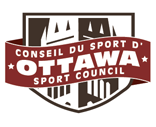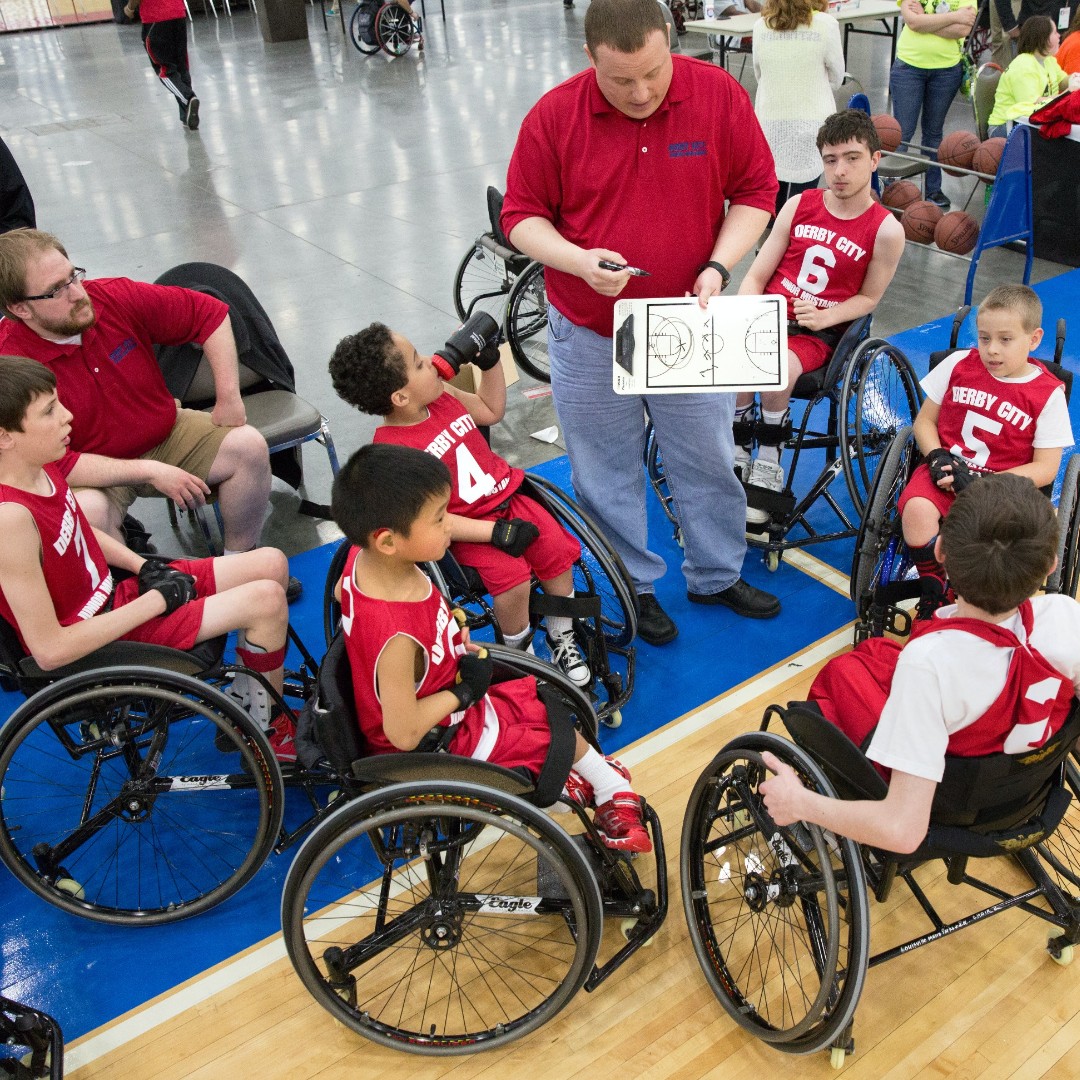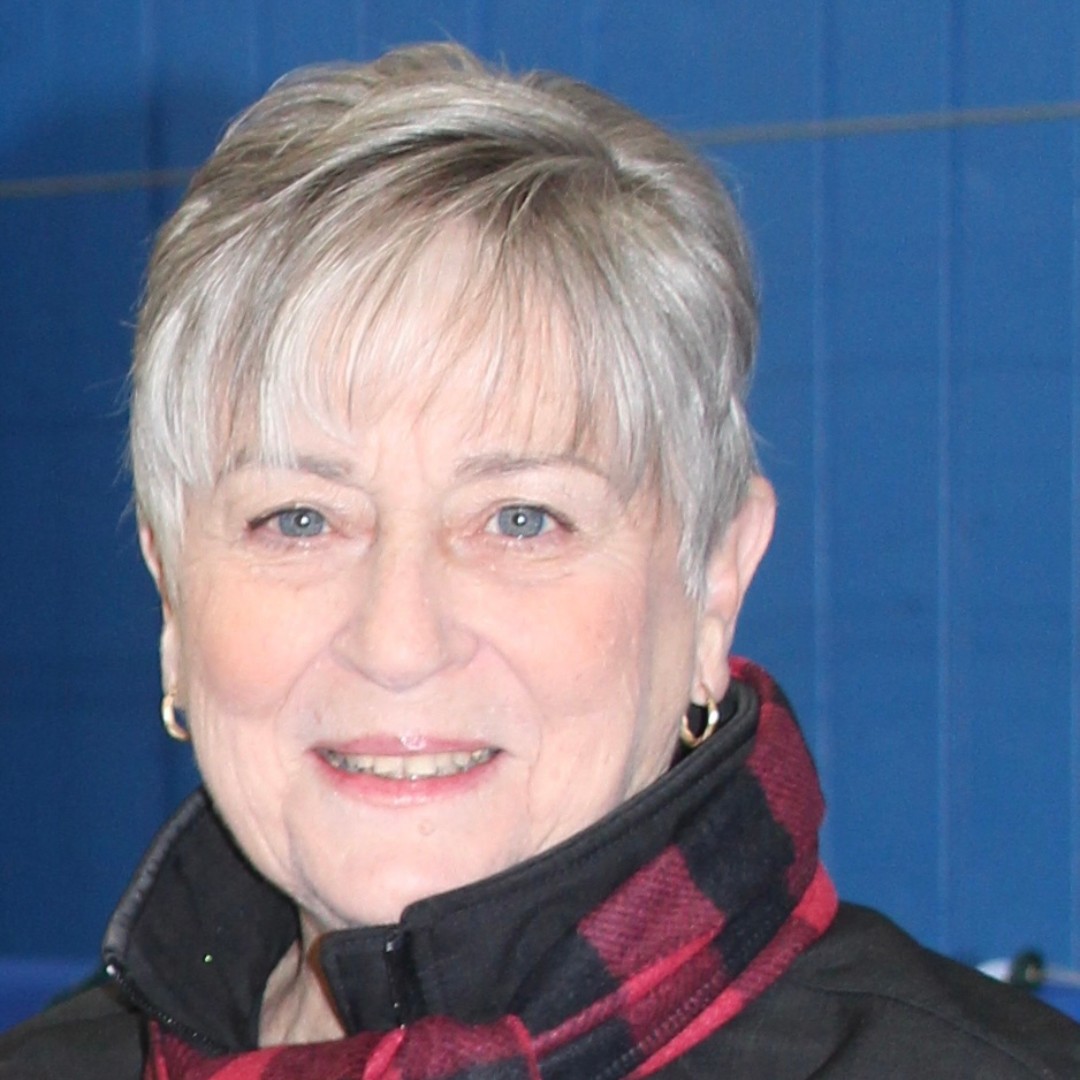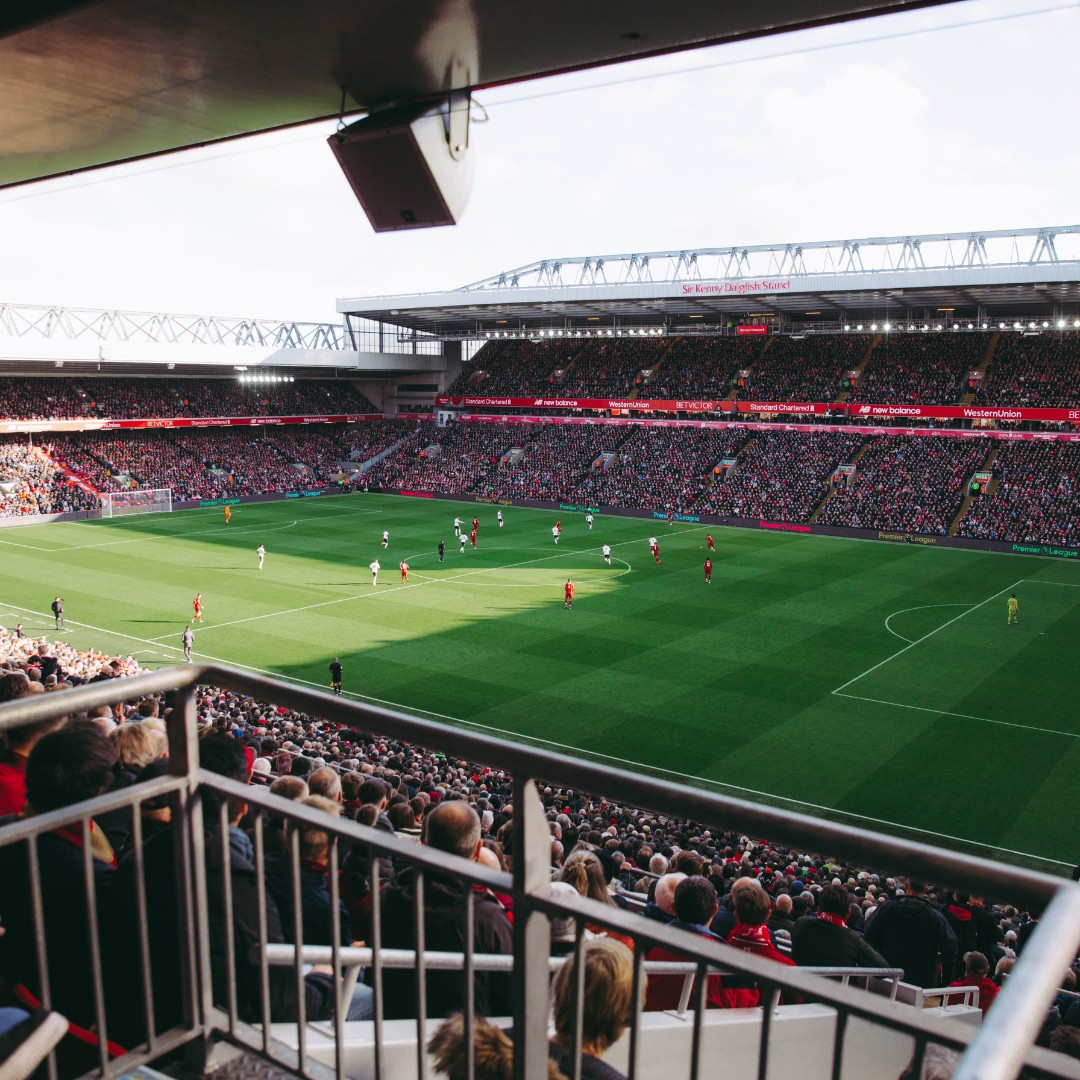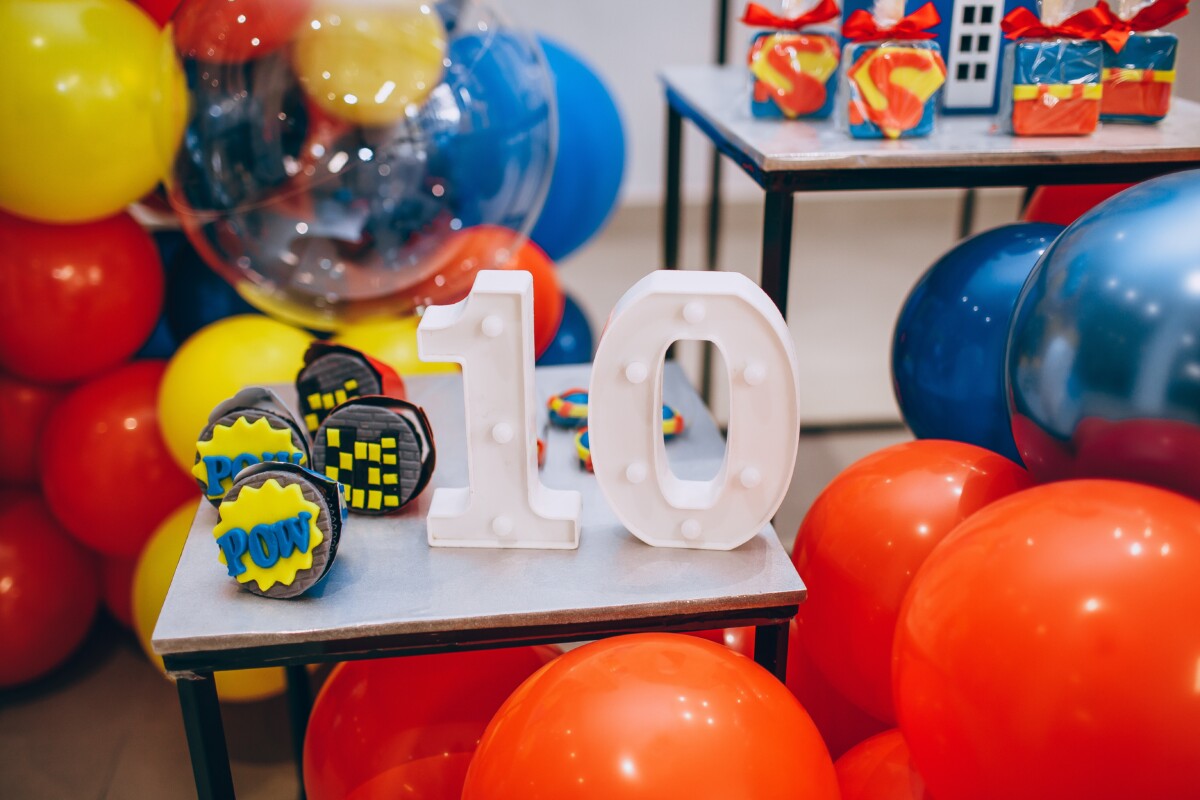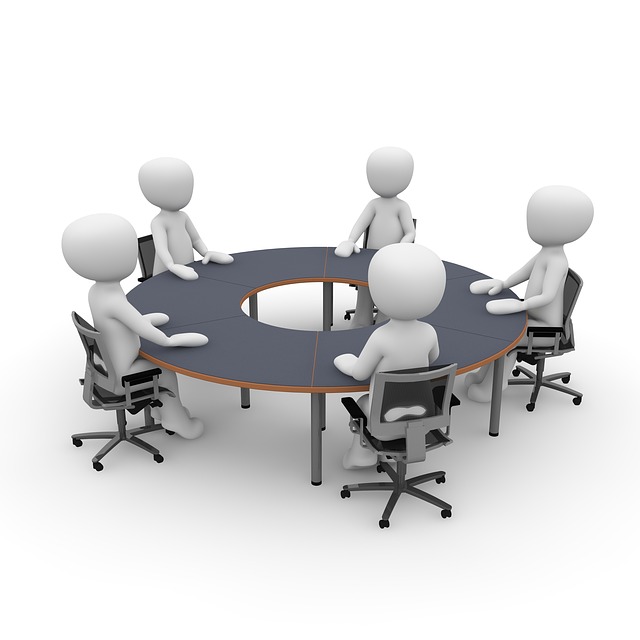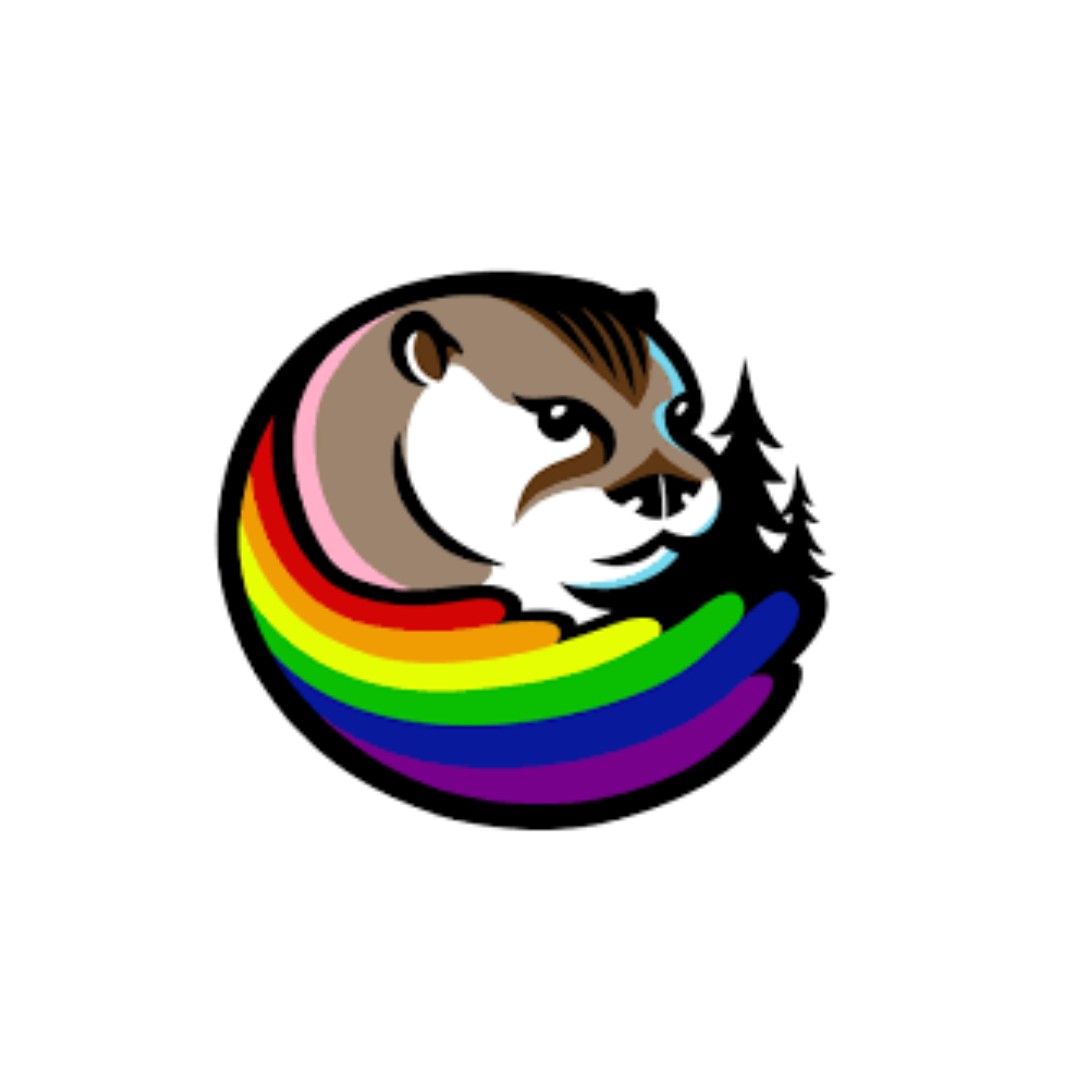Do you know the impacts that children and adolescents with disabilities face because of lack of access to quality sport programming? These impacts can include basic physical literacy, sedentary behaviours, sleep, social engagement, and more (see here). Without access to quality sport experiences, individuals with a disability experience lifelong negative impacts.
On the contrary, individuals with disabilities who are sport participants see lifelong positive impacts. According to the True Sport Report 2022, participation in sport has been shown to have physical, mental, and social benefits for participants with disabilities. Individuals reported that participation in sport is an opportunity to build their self-confidence and become more motivated and independent.
This year, the Ottawa Sport Council is continuing our journey to make community sport more welcoming and inclusive in Ottawa. As we heard at the Ottawa Sport Summit (watch the highlights here), last November, accessibility for participants with a disability is a core component of striving for equity. Through the Ottawa Sport Summit, two core themes of accessibility emerged:
- Accessible by design – When we heard from Camille Bérubé, three-time Paralympian, at the Sport Summit she spoke to the importance of planning for accessibility. It is much easier to plan for accessibility in the program design stage, than to have to retrofit during program delivery to become accessible to participants with disabilities.
- Having accessible facilities is not enough – While ensuring that facilities are accessible for participants with physical disabilities is very important, that alone will not create accessible sport programming. Truly accessible programs provide accommodations in all program elements and integrate participants with a disability into sport organizations through mixed abilities programs.
The RA Curling Club (RACC) is an excellent example of sport programs that are both accessible by design and offer full integration of participants in wheelchairs. The RACC strives to offer quality sport programs to wheelchair curlers.
- The RACC programs are accessible by design as they offer try-it events, instructional programs, and league play for standing and wheelchair curlers. The RACC programs offer skills-based progression and a variety of options for wheelchair curlers, similar to those offered to standing curlers.
- Through mixed abilities programs and opportunities to play competitively, RACC wheelchair curlers are fully integrated into the clubs’ programs and participant development pathways.
Being accessible by design and having program integration does not happen by accident, it takes intentional planning. So, what else goes into offering a quality sport experience for participants with disabilities? According to the Canadian Disability Participation Project (CCDP), there are six building blocks of quality sport participation for athletes with a disability (see here):
- Autonomy – Having independence, choice, control
- Belongingness – Feeling included, accepted, respected, part of the group
- Challenge – Feeling appropriately tested
- Engagement – Being in the moment, focus, absorbed, fascinated
- Mastery – Feeling a sense of achievement, accomplishment, competence
- Meaning – Contributing toward obtaining a personal or social meaningful goal; feeling a sense of responsibility to others
Within the CCDP’s Quick Guide (see here), there are key questions to ask yourself about the quality of the sport experience related to the physical, program, and social environments. Community sport organizations often face the challenge of having limited resources, be they financial, volunteer time, equipment, etc. The CCDP’s Quick Guide also speaks to the prioritization of strategies to build a quality sport program and building a plan for additional strategies that could be implemented should the need arise. The development of more accessible and inclusive sport programs is a continuous evolution, not a light switch.
Ottawa is also fortunate to have several expert organizations that can offer expertise in creating more welcoming and inclusive programs for athletes with a disability. These include:
- Abilities Centre Ottawa – Offers parasport education/awareness programs to schools and community sport organizations for participant and sport leaders to gain a better understanding of parasport.
- Ausome Ottawa – Offers a variety of sport programs in partnership with community sport organizations for athletes on the autism spectrum, as well as community training for sport leaders to better understand autism spectrum disorders in the context of sport.
- Special Olympics Ontario – Greater Ottawa – Offers a variety of sport programs in partnership with community sport organizations for athletes with intellectual disabilities.
Alongside the participant experience, it is also important to consider how your organization may be welcoming to sport leaders with a disability. This can include coaches, officials, administrators, and Board members.
The Ottawa Sport Council is dedicated to making community sport more inclusive and welcoming for participants with a disability. As a continuation of the Ottawa Sport Summit hosted in November 2022, we are facilitating the development of an Equity, Diversity, and Inclusion Toolkit to provide practical resources to community sport organizations that make sport experiences more welcoming and inclusive. This will include resources and information on accessibility and welcoming participants with disabilities.
For more information on making your sport organization more inclusive and welcoming to participants with a disability or on the forthcoming EDI Toolkit, please contact us.
